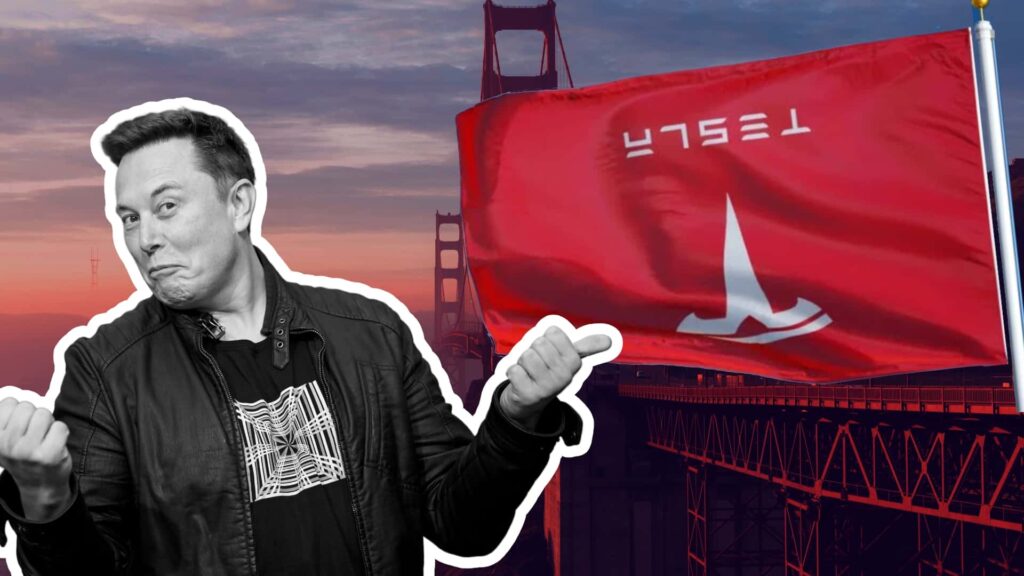Tesla, the electric car company founded by Elon Musk, has been making headlines not only for its cutting-edge technology but also for its mounting debt. A recent report from CNN has revealed that Tesla owes more than $24 million in liens to contractors who helped build the company into the giant that it is today.
Many contractors, including small mom-and-pop outfits, have come forward claiming that they have not been paid for the work they have done for Tesla. Despite repeated attempts to collect the funds owed to them, these contractors have faced challenges in receiving payment from Tesla.
One such example is Professional Process Piping, a company that filed for bankruptcy after Tesla failed to pay over half a million dollars in invoices. According to court records reviewed by CNN, $380,000 of those invoices were more than 90 days past due, and at one point, the total unpaid work amounted to $1 million. This forced the owner of the company to start paying for equipment out of her own pocket.
While unpaid invoices are not uncommon in the business world, Tesla stands out as a major offender. In the same counties where Tesla owes $24 million in liens, Apple, another tech giant, owes roughly $1.2 million. It is important to note that liens do not necessarily indicate wrongdoing on the part of a business but rather signify that another party claims they are owed money.
The CNN investigation has shed light on the challenges faced by contractors who have worked with Tesla and highlights the importance of timely payments in maintaining healthy business relationships. As Tesla continues to expand its operations and push the boundaries of innovation, addressing its debt obligations will be crucial in ensuring the company’s long-term success. The legal battles surrounding Tesla’s construction projects continue to escalate, with accusations of overbilling, substandard labor, and unpaid invoices flying back and forth. In a recent case involving Professional Process Piping, an attorney representing the company argued that Tesla had overbilled the project and provided substandard labor and services. The attorney also acknowledged that Tesla has a reputation for taking a long time to settle invoices, including legal bills.
Another company, Full Circle Technologies, a small security integrator based in Austin, was forced to file for bankruptcy after Tesla reportedly failed to pay almost $600,000 in bills. The company claimed that it had to take out high-interest loans to cover the costs of providing services to Tesla while waiting for payment. Tesla, in turn, accused Full Circle of breaching their contract and claimed that the company owed them money.
In a separate case, Sun Coast Resources, a Houston-based company, sued Tesla for more than $2.6 million for unpaid fuel used in construction machinery at Tesla’s Gigafactory in Austin. The legal battles highlight the challenges faced by companies working with Tesla, as delays in payment can have serious financial consequences.
Currently, Musk-owned companies have outstanding liens claimed by more than 100 companies, indicating a pattern of payment delays and disputes. As Tesla continues to expand its operations and build new facilities, it will need to address these issues to maintain positive relationships with its contractors and suppliers. The legal battles serve as a reminder of the importance of clear communication and timely payment in business relationships.

